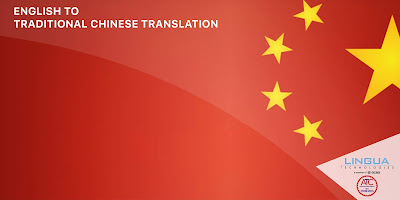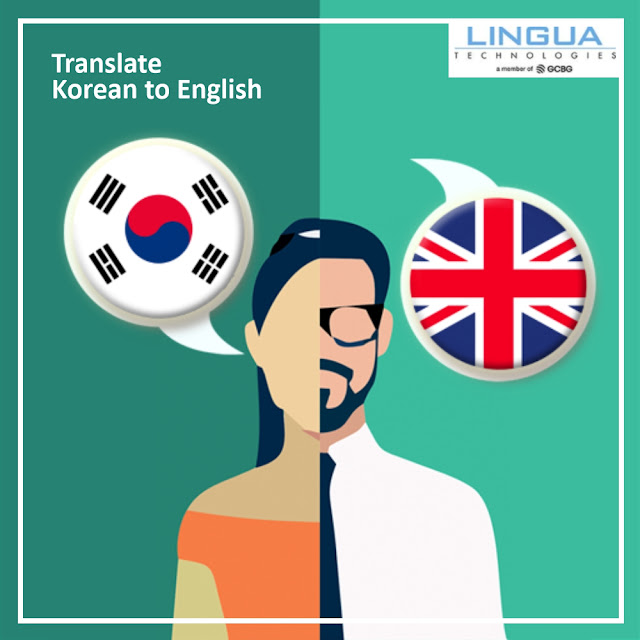Try Translating to Traditional Chinese
Mandarin
is a globally acclaimed language. It stands symbolic of the Chinese dialogue.
However, the actual heritage literature-wise of China is undoubtedly
Traditional Chinese. China has strived to keep its culture alive in the
struggle of the obsolescence of languages.
Traditional Chinese helps to explore
the rich background and culture of the land that homes the largest population
and a major chunk of land in the world.
The professionally exchangeable-English
It is
certainly of no doubt that China misses on a lot of literary marvels owing to
its stubborn methods of sticking to its culture firmly. This only must have
ignited the demand that is running hot for the last few months- English to Traditional Chinese translation of
classic Western works.
English, therefore, must be spoken for transactional
purposes and to settle deals while local mother tongues must be excelled in, to
survive there fruitfully.
The heartily spoken-traditional Chinese
Even
the Western world has acknowledged the spiritual power of the East and, thus,
have made their people learn Traditional Chinese, reach out, and learn all of
the ancient skillsets that the Chinese marvels had. This has spiked the growth
of learning interests vested in the East.
Moreover, English to Traditional Chinese translations have made the job a lot
easier and thus in the coming years it shall prove to be equally and
potentially growable for the people of the East.
Last but not the
least, for someone wanting to be a proficient Chinese translator, he or she
must know that it not only requires experience to carry out the task of
translation but also a lot of dedication and discipline.
It takes around eight
years or so to have a firm grasp on the language because one has to learn the
languages of reading and writing Chinese characters and the language of
speaking and listening to Mandarin.




Comments
Post a Comment